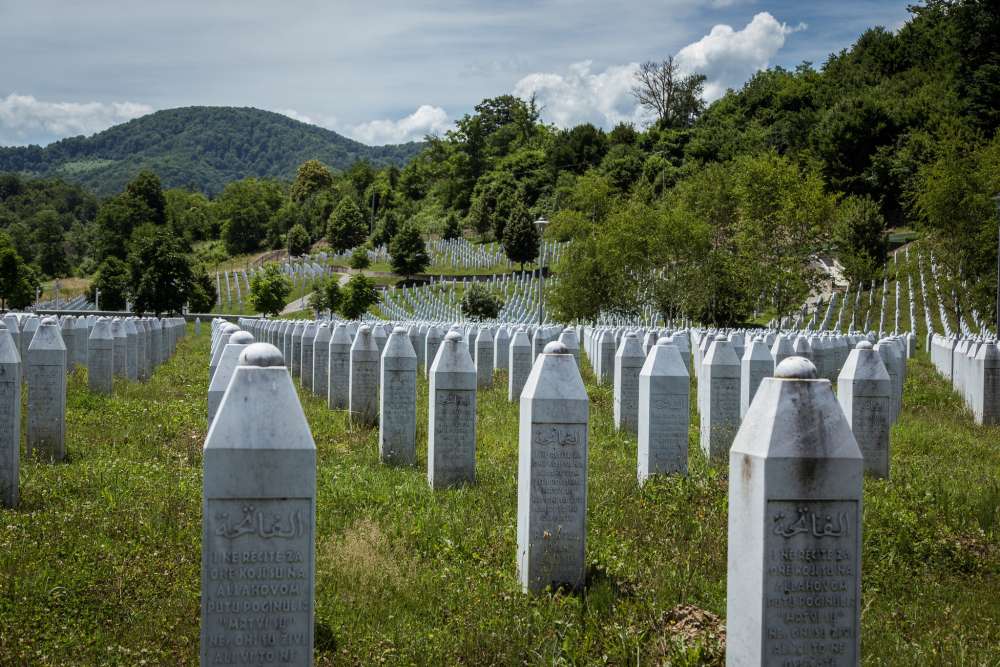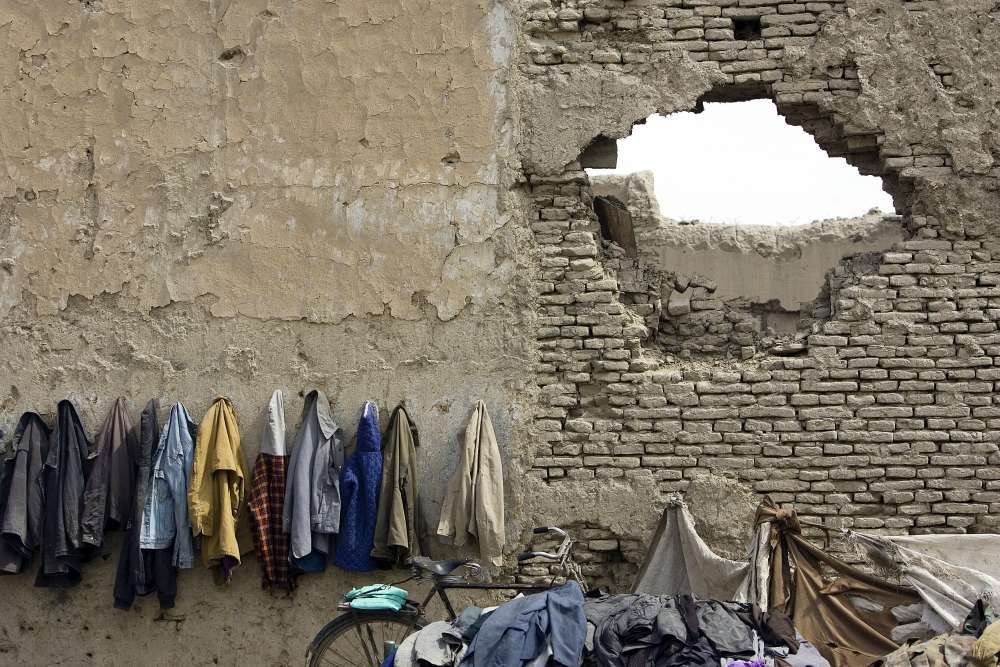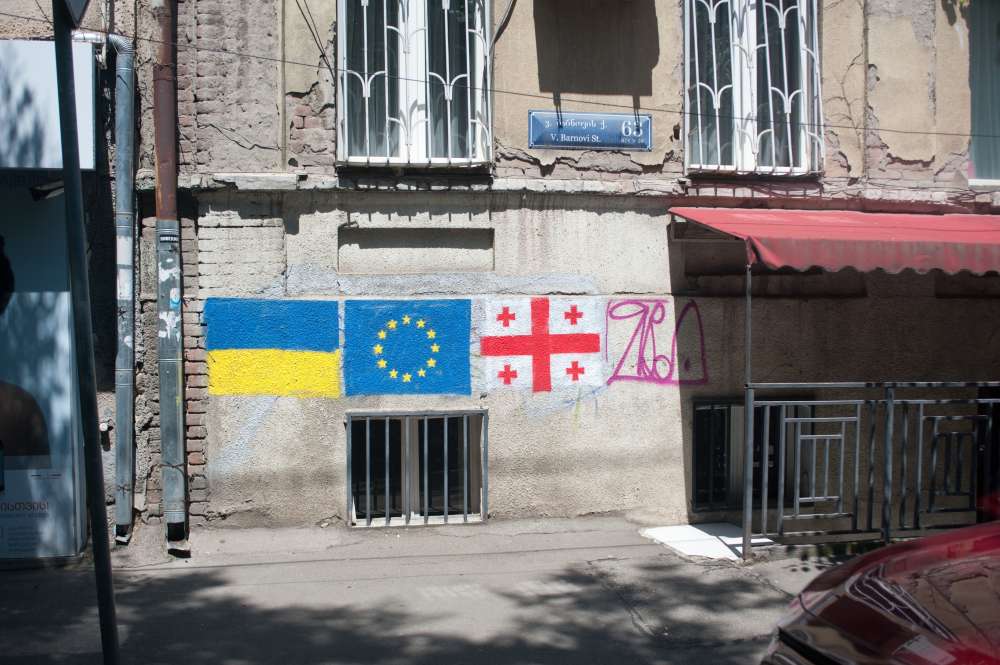Germany’s Politics and Bureaucracy for Preventing Atrocities

More than 70 years after the Holocaust, the German government has elevated the prevention of mass atrocities as a key goal in German foreign policy. In its new Guidelines on Preventing Crises, Resolving Conflicts, Building Peace, adopted by the federal cabinet in June 2017, the German government describes “the avoidance of war and violence in international relations, the prevention of genocide and severe violations of human rights, and the defence of endangered minorities and the victims of oppression and persecution” as integral to the country’s raison d’état.
While this statement in the Guidelines is the strongest expression yet of Germany’s growing willingness to take on responsibility for preventing genocide and mass atrocities worldwide, current policymaking in Berlin is far from reflecting an emphasis on these goals. Rather, these ambitions must be seen in the context of the country’s broader coming of age in matters of international leadership. They can only be interpreted against the backdrop of Germany’s unique history, past and present societal debates about atrocity prevention, and the German bureaucratic infrastructure.
To what extent is Germany actually able to live up to the aspirations codified in the new Guidelines? What exactly does “never again” mean when translated into concrete policy? And who owns atrocity prevention in the German institutional landscape?
This paper explores the prospects for a more active German policy on atrocity prevention and outlines some of the main challenges that need to be addressed before the country can make more effective contributions to the prevention of genocide and other mass atrocities. It introduces and describes the political context as well as recent history of Germany’s institutional setup for atrocity prevention, and assesses some of the key strengths and weaknesses of that setup before concluding with an outlook on what to expect from Germany in the realm of atrocity prevention in the next few years.
…
The full article was published in Volume 11, Issue 3 (2018) of Genocide Studies and Prevention and is available for download.







